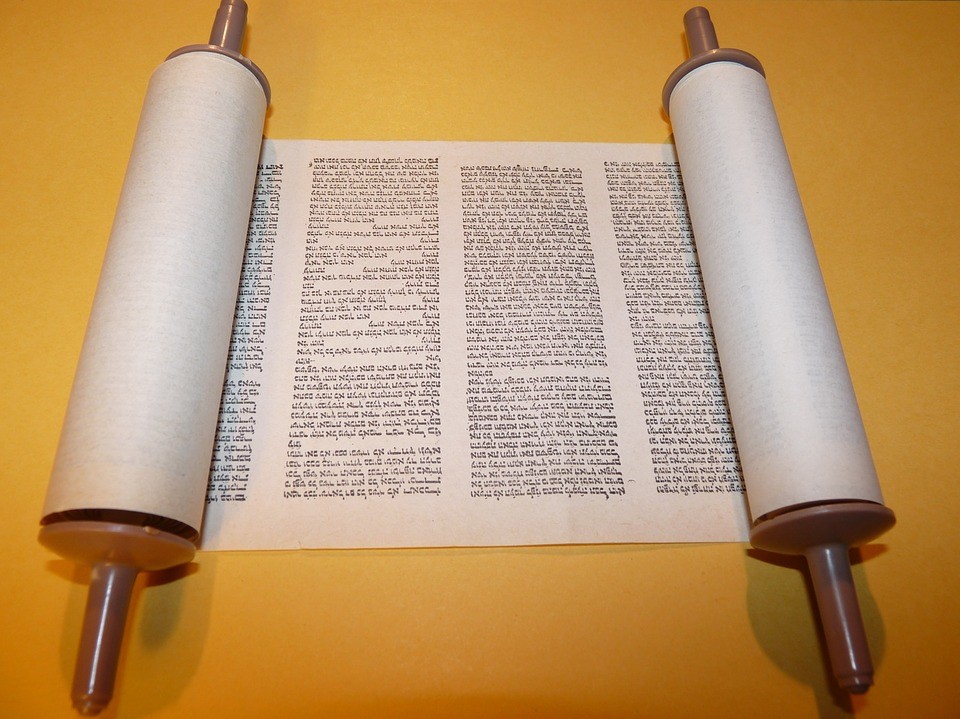The Jewish festival of Rosh Hashanah is celebrating the first two days of the Jewish new year. It marks the beginning of the High Holidays, with Yom Kippur coming up the following week and then the festivals of Simchat Torah and Sukkot close after.
There are many important elements to this holiday which all have an important role in observing the traditions of the occasion.
How Is Rosh Hashanah Celebrated?
Some of the important elements of the Rosh Hashanah celebration include:
- Hearing the sound of the shofar (ram’s horn) on both of the mornings of the holiday
- Lighting the candles on each evening of the festival
- Eating special festive meals with loved ones
- Going to the synagogue
- Performing a prayer called the Tashlich
Special Rosh Hashanah Prayers
The Tashlich prayer is carried out on Rosh Hashanah’s first afternoon and is performed at a pond, river, ocean or other body of water so that sins can be cast ceremonially into the water. Prayers in the synagogue are also an essential element of this holiday and it is here that the shofar will be blown. There are readings from the Torah on both days of the festival as well as many special prayers which are unique to the Rosh Hashanah holiday.
The Festive Rosh Hashanah Meals
As is the case for most Jewish festivals, food is extremely important in celebrating the Rosh Hashanah holiday. Each meal is begun with a recitation of the kiddush over the wine and the blessing over the bread, however there are also some special differences which are unique to this festival.
One key part of the meal is a round challah dipped in honey. This sweet bread is a symbolic expression of a wish to have a good and sweet year. For the same reason, on the first evening of the holiday there is also a tradition of beginning the meal with another sweet treat – slices of honey-dipped apple.
Many Jewish people also eat parts of a ram of fish’s head to express their wish that they should not be a tail but a head. Some communities also have other traditional foods to eat, all symbolizing a specific wish for the year ahead. Pomegranates are one popular choice, representing a wish for the diner’s merits to be as many as the number of seeds found in the fruit. On the festival’s second night, a “new fruit” is eaten. This means a fruit which hasn’t been tasted by the diners at the table since it was last in season.
As well as foods which are traditionally eaten, there are also some foods which are customarily avoided. These include nuts and sharp, vinegar based foods like horseradish to avoid the possibility of having a bitter new year.
Preparing For Rosh Hashanah
If you want to enjoy the holiday as much as possible, you can order all of your special festive foods from us here at Kohn’s Deli. Our extensive menu helps you to welcome in the new year in style with all of the kosher treats that you need for a memorable occasion.


